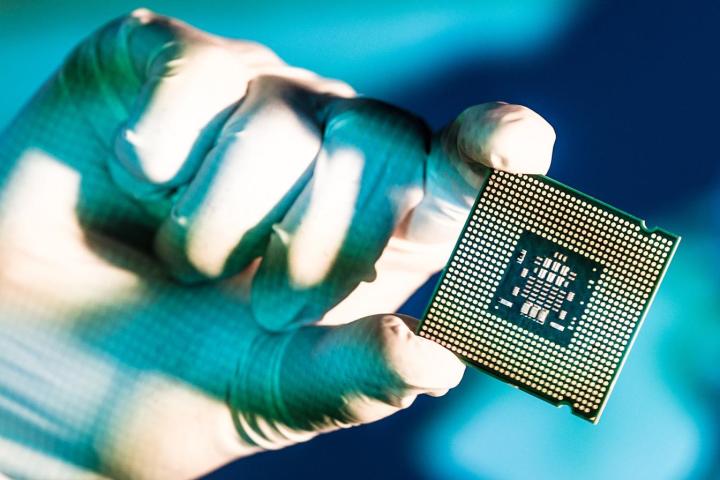
Now, the Intel Core i7-7700K received by Tom’s Hardware may or may not be a retail sample of the upcoming processor –- it could just as easily be an engineering sample but nevertheless, the benchmarks and stats are interesting. First up, the Core i7 is an unlocked quad-core processor capable of eight threads, with an out-of-the-box clock speed of 4.2GHz.
According to testing though, the Core i7’s remarkable speed is eclipsed by high power consumption and it runs hot — particularly after a bit of overclocking. The unlocked chip was capable of hitting an overclocked frequency of 4.8GHz at 1.30V, but excess heat builds up quickly.
“The overclocking experiment even required a 15 degree C room temperature, which is something most readers won’t be able to accomplish,” wrote Thomas Soderstrom of Tom’s Hardware. “Liquid might help, but since the cooler’s heatpipes were barely warm to the touch, there’s a possibility that 4.8 GHZ may be the limit of this sample while using any ambient-temperature cooling solution.”
So it looks like the Intel Core i7-7700K might be capable of hitting some impressive speeds, but only if you have some serious (liquid) cooling solutions available. The other benchmarks point to an otherwise impressive chip, with the i7-7700K outperforming its older cousins in the 6th-generation Skylake family.
In mixed workload tests, the i7-7700K narrowly edged out the Core i7-6700K in all benchmarks other than a video conversion test. It’s a narrow lead, but it points to some of the performance gains the latest round of 7th-generation Kaby Lake quad-core processors can offer.
Editors' Recommendations
- Intel CPU gaming crashes are causing an uproar
- I tested Intel’s new overclocking tool, and it does AI all wrong
- The iPhone 15’s chip challenges Intel’s fastest desktop CPU — but there’s a catch
- After 15 years, Intel may be killing the Core i5 and Core i7
- AMD Ryzen 9 7950X3D vs. Intel Core i9-13900K: only one choice for PC gamers


